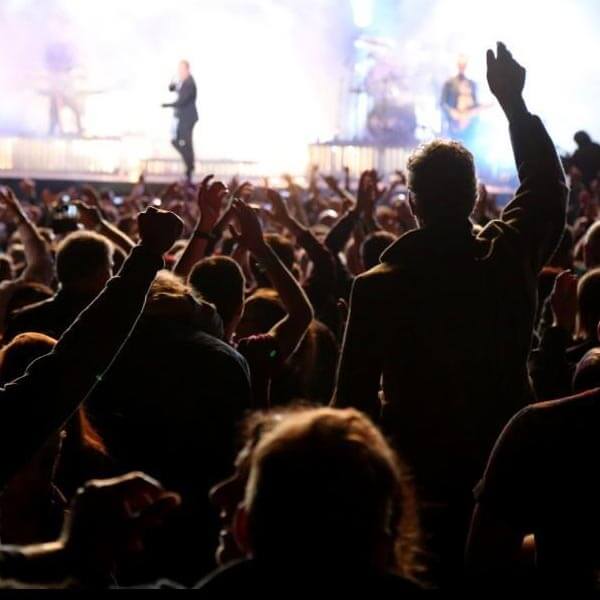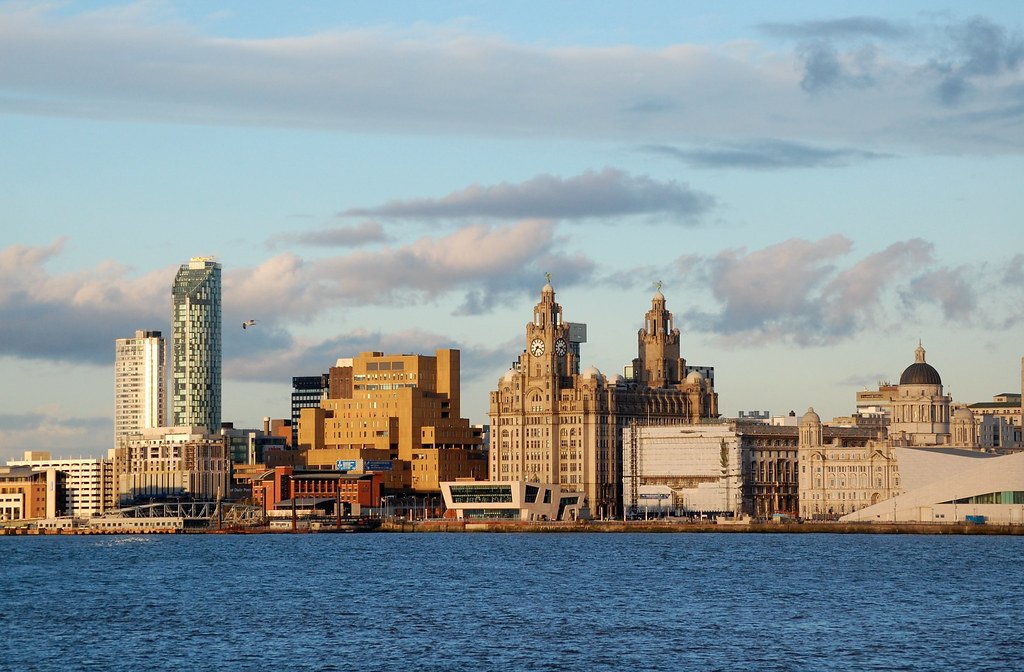
The Importance Of the Mix CD with Hernan Cattaneo
Hernan Cattaneo had a good chat with Mike Boorman about the importance of the mix CD, as he looks forward to touring his Balance 026 mix in Liverpool next week.
Mike Warburton
Date published: 10th Oct 2014
Image: Hernan Cattaneo
Hernan Cattaneo has been responsible for some legendary mix CDs down the years, and he's back at it again as part of the much-revered Balance series. On October 25th he will bring his Balance tour to the UK at The Garage, along with fellow Balance luminary, Nick Warren.
As one of the few acts out there still capable of making an impact with a mix CD, we decided to have a chat to him about the mix CD as a format and of course his own Balance mix (hear preview below)...
Do you listen to mix CDs yourself these days?
Yes, just got the brilliant Bonobo 'The North Borders Tour - Live' CD, and Craig Richards' 'Get Lost'. Top stuff
When you were younger, before you made a living from the business, what mixes did you hear that really inspired you?
I used to go to New York and hear Frankie Knuckles play at the Sound Factory bar, that was my main inspiration at that time.
One night I was at the side of the booth watching him from beginning to end, and at the end, he pulled off a DAT from the machine and gave it to me. I think I must heard it a million times trying to learn anything he was doing!
Then also mixes from Graeme Park, who was the first international DJ that played in Argentina and whose mixing was out of this world. The 'Tribal America' mixes by Danny Tenaglia and Junior Vasquez also were a big influence.
How is your approach different when you are constructing a mix CD to when you are doing a club set?
I used two different tempos on the Balance album. The first one is around 105 to 110bpm, so way slower than a club set, but that's the only big difference. It's programmed the same way I always play anywhere in the world.
I like the slow build and deep progressive mixes both in clubs and in the recordings, and I think all my compilations reflect that. Melodies around groovy baselines and atmospheres, that's my sound anywhere you hear me.
Obviously you need to get clearance for each track you use on a mix CD. How long does it normally take from the point you create your first list to the point where you can actually mix it?
Process starts long in advance when you talk to the label and decide you will make an album, normally 8 to 12 months ahead. You may be thinking straight on things you would like to do, but not specifically on tracks.
Then about four months before you begin making a list that would be about 70 to 100 tracks and then you start the clearing process with the label and the final list becomes about 40 or 45 tracks. After that you are ready to see how you want to mix them and how it will work better.
Sometimes you clear tracks that you will love to use but then you realise they don't fit the mix perfectly. The worst part is leaving out of the album many tracks you like but the most fun bit is to go through all the different mix options until you decide your fave.
Then also, I ask some producers to make a specific version of their tracks and it's always interesting to hear what they come up with.
Which track on the CD were you most desperate to have on there?
The Boards of Canada one (hear below). I wanted to use it in an album for years, but never been able to to get the license before. It's a true timeless classic from the downtempo world and I'm very happy to finally have it on this Balance.
For this mix, what equipment did you use? Decks? Computers? Both?
Macs with Logic and Ableton Live.
There's no denying that sales for mix CDs are down. Can you see any positives in this?
Physical music is down and there's nothing good from that because labels and producers make their living from there, and the same way that many labels went out of business, the same may happen to most if no one pays for music.
Having said that, the amount of people actually hearing music is bigger than ever and digital sales, and streaming revenue also are starting to mean something in numbers so it's not all bad news. The whole music business been adjusting for a decade now and still looking for new options to stay up and running in the best way.
As I've said, I'm positive when I see the huge amount of new young people entering the scene and you can easily realise that the size is way bigger than 10 years ago. Just look at the ticket sales for big festivals in Europe or the US - they went from 50,000 to 200,000 people in about five years. Tomorrowland's first ever show in South America in Brazil just sold 180,000 tickets in a few hours so the market is immense.
What do you think the music public are doing instead of buying CDs?
CDs and DVDs are kind of like collectors' editions - all hardcore fans will buy them like they do with big bands or pop artists.
Others will get the digital edition, to support their favourite artist or get decent audio quality, but most, and sometimes depending on the economics of the areas, will just download the music for free.
It's the same for all kinds of music, but if you have a good fan base, you still sell the CDs.
For how much longer do you think you'll be able to tour off the back of a mix CD? There are not many CD series left that have a big influence these days...
The tag 'album tour' brings a bit of special momentum for the shows, but DJs don't base their schedules on that. These days the only way to have a big demand for touring constantly is to have a good number of followers all over the world.
I did eight albums in the past 15 years and for each one I did a tour of about four months, but I've been touring non stop, with or without albums to support.
What kind of impact do mix CDs like your Balance one have in your homeland of Argentina?
Luckily I have a very big following in Argentina, so anything I do makes an impact on my fans. Having said that, social media makes the world very small so one of the best things about a Balance Album is that it helps you reach all your fans in every country in a very small time, while you will need a whole year to reach every city doing a live show.
The phrase 'progressive house' became a negative thing in the UK a number of years ago, yet in South America when you look at the kind of line ups there are there, it doesn't seem to be the case. Why do you think there was not the same negative reaction in South America?
Luckily South America has never been into only one specific sound. Historically all styles have been represented by world class and local DJs, so each one of them has got a healthy scene to develop.
Going to the negative of prog in the UK... that's a press thing really. It's the typical 'tag' situation. Many journalists or trendsetters try to tell you what's cool and what's not, and I hardly ever agree. The same mags that ten years ago were telling you prog kings like Sasha and John Digweed were the best, now tell you that German techno or deep house is what you need to hear and I mean, really?
Did they know that German techno and deep house had been going on for ages before prog house? Where were they?
Richie Hawtin was as great 15 years ago than he is now, so why did these people just realise in 2010?
I guess in South America there's not that kind of negativity towards styles, so people are more free to follow what they like.
To catch Hernan at The Garage in Liverpool this weekend, you can buy tickets here.
Tickets are no longer available for this event
Read more news


























